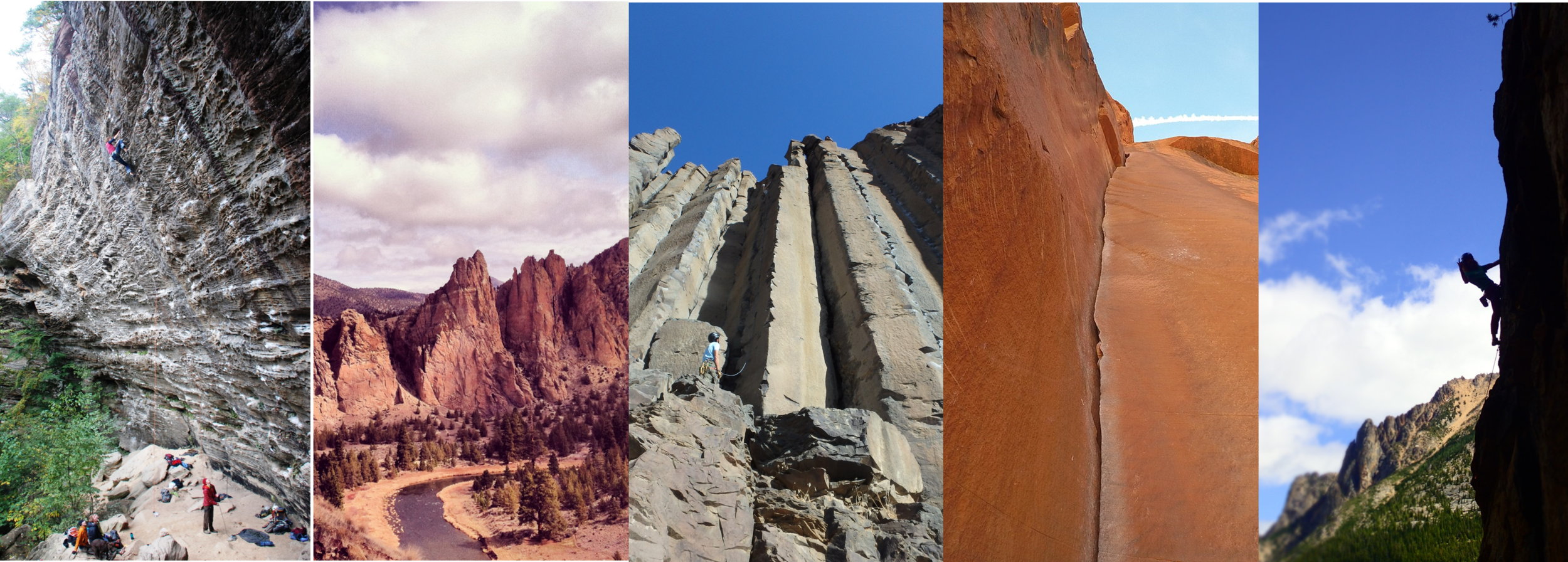The American Alpine Club, Appalachian Mountain Club, Colorado Mountain Club, Mazamas, and The Mountaineers join with those speaking out and taking action against racist, sexist, and otherwise derogatory route names, and we welcome the conversation about how best to move forward as a community.
Historically in the U.S. climbing community, the opportunity and privilege of naming a route has been given to the first ascensionist. Naming a route is an earned honor, responsibility, and form of artistic expression. When done well, a route's name tells a story. It often cleverly captures the experience of establishing or climbing the route or a unique characteristic of the formation. At worst, a route name inscribes onto the rock an individual's prejudice, insecurity, and violence. These names deface the special places where we climb. Names like "N*****s Wall," "Case of the F*gs," and "Slant Eyes" signal that not all people are welcome, creating a hostile environment that we should not accept.
Recent movements across our nation, including Black Lives Matter, SafeOutside, and Me Too, have been a catalyst for many individuals and organizations to recognize the institutionalized and systemic oppression built into the foundation of our society.
Though not a new problem, we are grateful to Erynne Gilpin, Ashleigh Thompson, and Melissa Utomo, along with Brown Girls Climb, Melanin Base Camp, and Natives Outdoors, for bringing focus back to this problematic practice. As individuals and as a community, we must recognize that words matter. The climbing community as a whole is accountable for the language we use to identify and describe the places where we climb. We must own the toxicity in the practice of naming routes. It’s time for change.
As signers, our 5 organizations represent 150,000 members nationwide. We commit ourselves to building a more respectful community. That includes working collaboratively with climbers across the country to change names of existing routes, providing anti-racism and anti-harassment training for our members and volunteer leaders, and auditing our own publications and websites to determine a process for expunging offensive route names. These changes represent only a starting point, but they are a necessary first step toward making the climbing community more inclusive and our crags and mountains welcoming to us all.
In unity,
American Alpine Club
Appalachian Mountain Club
Colorado Mountain Club
Mazamas
The Mountaineers





